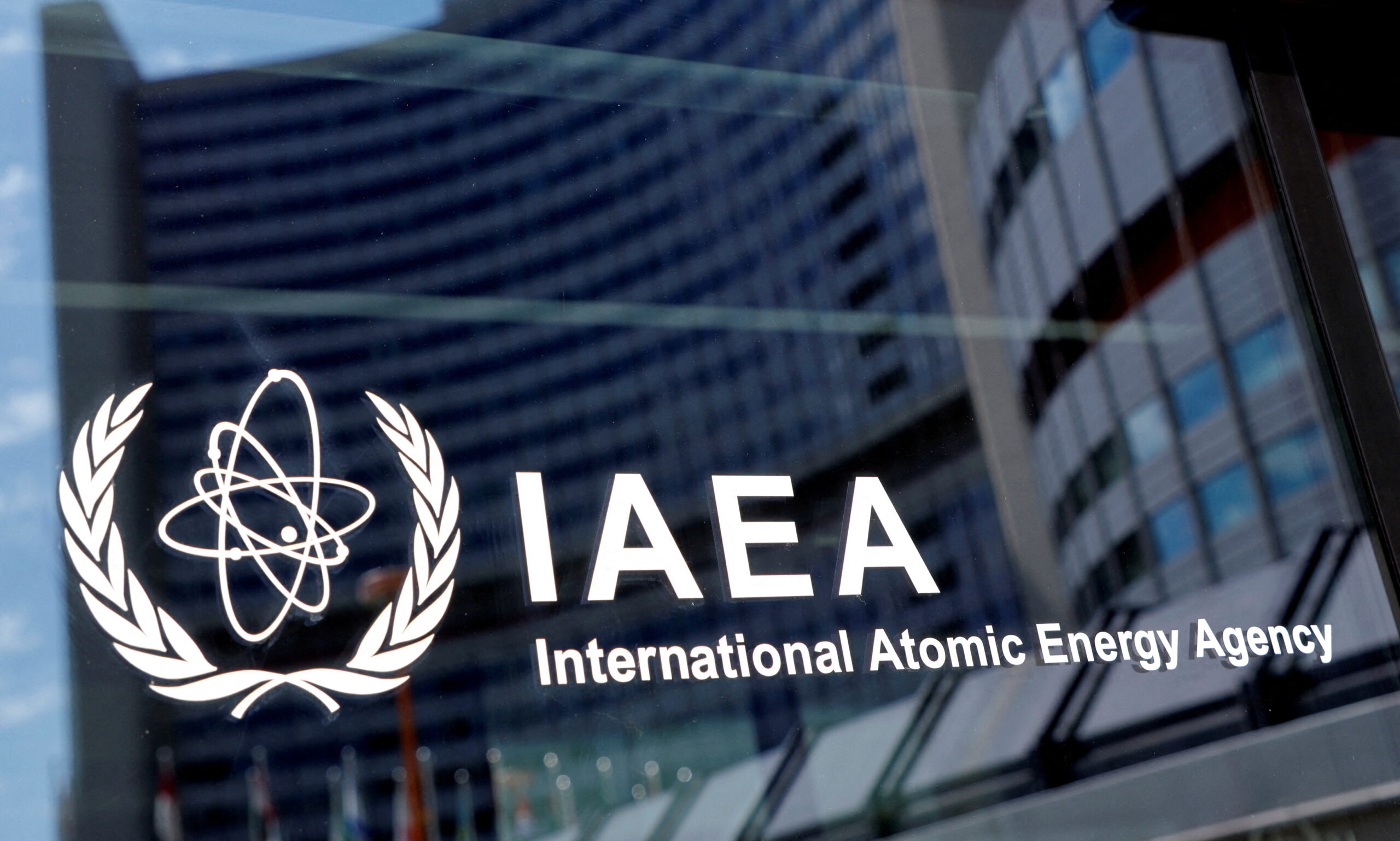IAEA trains Nigerian scientists in handling radioactive sources
Local experts and facility operators in Nigeria have commenced a five-day regional course on the demonstration of conditioning operation and storage of disused sealed radioactive sources by the International Atomic Energy Agency (IAEA) and African Regional Cooperative Agreement for Research, Development and Training (AFRA). The training, which is for managers, scientists and technicians of nuclear […]

International Atomic Energy Agency (IAEA)
Local experts and facility operators in Nigeria have commenced a five-day regional course on the demonstration of conditioning operation and storage of disused sealed radioactive sources by the International Atomic Energy Agency (IAEA) and African Regional Cooperative Agreement for Research, Development and Training (AFRA).
The training, which is for managers, scientists and technicians of nuclear wastes at the Centre for Energy Research and Training (CERT), Ahmadu Bello University, is aimed at boosting the capacity of the participants to carry out the handling and conditioning operation under the supervision of IAEA experts.
Tax evasion: 5 weeks after closure, First Bank reopens for business
No foreign airlines will lose funds – CBN
A statement issued by the Director, Public Affairs Directorate of ABU, Auwalu Umar quoted the CERT Director, Prof. Sunday Jonah as saying Nigeria’s experience in power outages as a result of inadequate generation has further increased its interest in nuclear options.
According to the statement, Jonah, a professor of nuclear and reactor physicist said the training involves the demonstration on how to characterise, condition and repackage disused sealed radioactive sources (DSRS), adding that the specific purpose is to provide the practical know-how as well as the hands-on experience to the participants.
In his remarks, the Chairman and Chief Executive Officer of the Nigeria Atomic Energy Commission (NAEC), Prof. Yusuf Ahmed, who was represented by Prof. A.A. Mati of Centre for Energy Research and Training, Ahmadu Bello University, stressed that Nigeria recognised that a long term commitment to the peaceful, safe and secure use of nuclear technology was based on a sustainable organizational, regulatory, social, technological and economic infrastructure development.
In his speech, the Vice-Chancellor of ABU, Prof. Kabiru Bala, who declared the training workshop open, said that the university would continue to support CERT as a centre of excellence in promoting education and training with regard to nuclear science and technology in the country.
